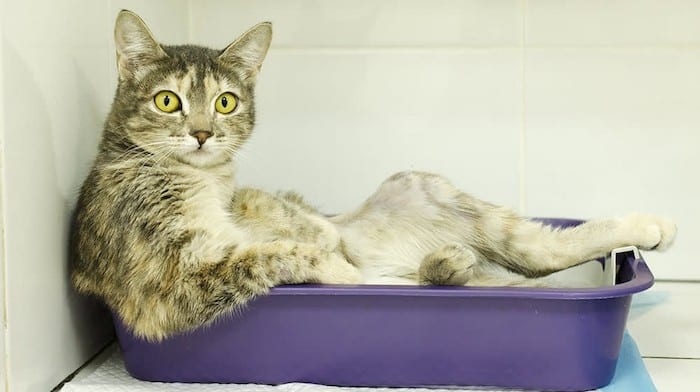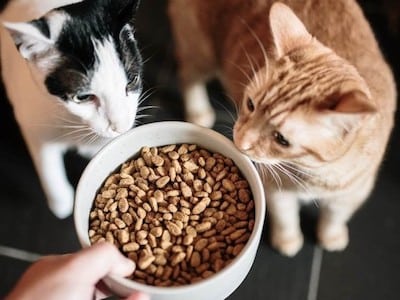Cats are beloved by many, but they can be prone to digestive issues like diarrhea. Therefore, pet owners need to know the signs of cat diarrhea and how to diagnose and treat it. This article will discuss common causes of cat diarrhea, diagnosis methods, and treatments for cats with this condition.
Contents
What is Cat Diarrhea?
Cat diarrhea is a common gastrointestinal problem in cats characterized by frequent stools with an abnormally soft or watery consistency. It is commonly accompanied by other indications like spewing, stomach hurt, desiccation, loss of hunger, and sluggishness. In addition, it may be caused by distinct medicinal conditions such as intestinal parasites, dietary impropriety, contaminations, or incendiary bowel affliction.
Diarrhea in felines can be problematic and uncomfortable for cats and their proprietors. Caretakers must comprehend the indications of feline diarrhea and how to distinguish and address it. The hidden source of feline diarrhea can differ drastically, so it is indispensable to solicit veterinary consideration to distinguish and accurately cure the issue.

Identifying feline looseness of the bowels necessitates thorough corporeal scrutiny, clinical archives, and experimental evaluations such as fecal assays, serological reviews, fecal fermentations, abdominal radiography, or sonograms.
When your vet has distinguished the episode, they can offer appropriate curative solutions, usually involving nutritional alteration and medications such as antibacterials or antidiarrheal prescriptions. Surgery may also be required to excise any impediments in the colon or rectum, prompting diarrhea.
Pet owners must follow their veterinarian’s advice when treating cat diarrhea to ensure their pet receives the best care possible. However, with proper diagnosis and treatment methods, such as dietary modification and necessary medications, most cats can recover quickly from this condition with minimal complications.
Diagnosing Cat Diarrhea
Checking out the base of kitty looseness of the bowels necessitates a scrupulous physical checkup and medication past from the animal possessor. The vet could conduct diagnostic exams such as excrement analyses, blood tests, fecal ethnics, abdominal X-rays, or echograms to ferret out the latent source. Depending on these tests’ outcomes, your vet may tender deeper therapy or medications to dictate the predicament.
Treating Cat Diarrhea
Once your animal doctor has determined the root of your feline’s diarrhea, they can suggest suitable management courses. Treatment for cat diarrhea generally requires dietary transformation and medicines like antibiotics or anti-diarrheal substances. The operation could also be obligated to extricate any clog in the intestine or rectum, inducing diarrhea.
Dietary Modification
If your cat has been diagnosed with dietary indiscretion as the cause of their diarrhea, it is important to modify their diet accordingly. Your veterinarian may recommend switching your cat to a special diet formulated for cats with sensitive stomachs or gastrointestinal problems.

This diet should be supplemented with extra fiber to help absorb excess water from the intestines and add bulk to stool. Additionally, ensure that your cat has access to fresh water at all times so they do not become dehydrated due to frequent loose stools.
Medications
Occasionally, remedies may be vital to handle your cat’s loose bowel movement aptly. For instance, antibiotics could be prescribed if contamination is generating the matter. At the same time, antidiarrheal medication can help reduce stool frequency and make stools more solid by lessening intestinal motility.
In more notable instances when a medical procedure is necessitated to eliminate any impediments in the gut or anus causing diarrhea, analgesics may also be recommended during recuperation post-surgical procedures.
Conclusion
Cat diarrhea can have many causes, and pet owners need to recognize the signs to seek prompt medical attention from their veterinarian if necessary. However, with proper diagnosis and treatment methods, such as dietary modification and necessary medications, most cats can recover quickly from this condition with minimal complications.
